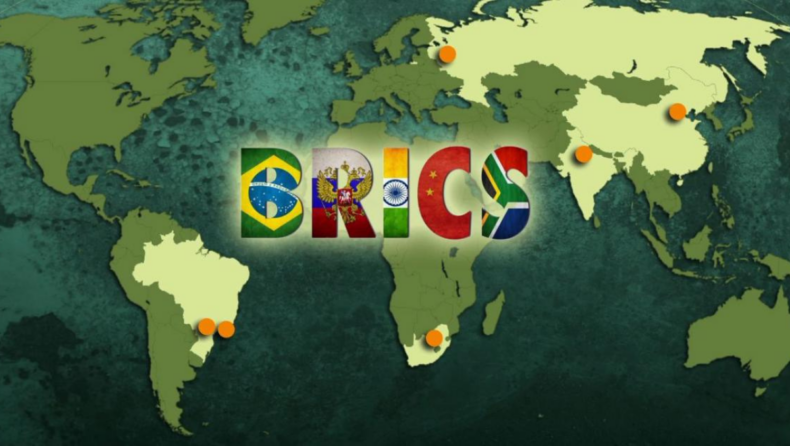Nineteen countries have expressed interest in joining the BRICS group, according to a statement by Brazilian President Jair Bolsonaro. Bolsonaro made the announcement during a virtual meeting with the leaders of the BRICS nations – Brazil, Russia, India, China, and South Africa–on April 20. The meeting marked the 15th anniversary of the group’s formation.
Inception
The BRICS group was initially formed in 2006 with the goal of strengthening cooperation between the five member countries and promoting economic growth. Over the years, the group has expanded its focus to include issues such as climate change, energy, and technology.

Expansion program
During the virtual meeting, the leaders discussed various issues, including the COVID-19 pandemic, economic recovery, and global governance. Bolsonaro emphasized the importance of expanding the BRICS group to include new members, saying that the group should not remain an “exclusive club”.
According to Bolsonaro, 19 countries have expressed their interest in joining the BRICS group. However, he did not reveal the names of these countries. It is also unclear how the process of admitting new members to the group would work.
The potential expansion of the BRICS group could have significant implications for the global economy and geopolitics. The group already represents a significant share of the world’s population and economy. If new members are admitted, the group’s influence could grow even further.
BRICS Growth
The BRICS group announced earlier this year that they were accepting new members. Additionally, given that the bloc’s GDP (PPP) has surpassed that of the G7 countries, it appears that expansion may continue to impose a change in the balance of power in the world. in the course of their ongoing efforts to displace the US dollar in world commerce.
The BRICS have become a potent new voice in the globe, representing around one-fifth of the global economy. Currently, the five BRICS countries provide around 24% of the world’s GDP and 16% of its commerce.
The demand to join the group will increase as both great and small powers seek alliances to secure their strategic interests amid rising tensions with the US over the Russia-Ukraine crisis, experts said. They added that the potential expansion of the bloc cannot be ruled out given the systemic rivalry between the United States and China and the frequently shifting landscape of world politics.

BRICS De- Dollarization
Some analysts have suggested that the potential expansion of the BRICS group could be seen as a challenge to the existing global order dominated by Western powers. The group’s focus on economic cooperation and development has been seen as an alternative to the traditional Western-led approach to global governance.
The chances of a BRICS-issued currency succeeding are new, at least in terms of economics. Such a currency may replace the U.S. dollar as the reserve currency of the BRICS nations, regardless of how tentative the plans for it are and how many practical concerns remain unsolved. This hypothetical currency genuinely has the ability to displace, or at least disturb, the dollar’s reign, unlike rivals previously mentioned, such a digital yuan.

Concerns regarding Expansion
However, there are also concerns that the BRICS group may not be able to maintain its unity if it expands too much. The five current members of the group have significant differences in terms of their political systems, economic models, and strategic priorities. Adding new members with their own unique characteristics could make it difficult to maintain a cohesive agenda.
Despite these challenges, the potential expansion of the BRICS group is an indication of the growing influence of emerging economies in the global economy and geopolitics.












